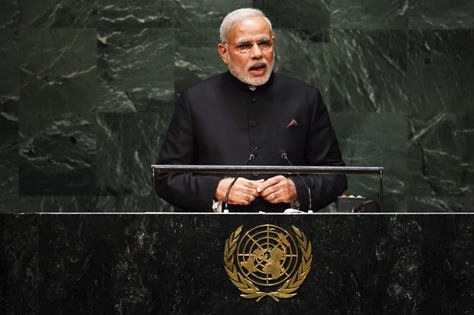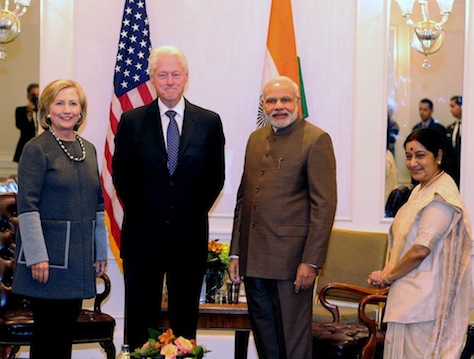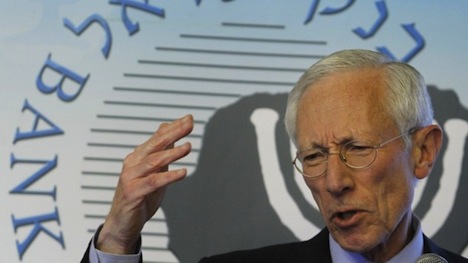Indian prime minister Narendra Modi took power less than five months ago, but he’s already made five major world visits, including to Japan, to the BRICS summit in Brazil and this week, Modi is sweeping through an action-packed five-day visit to the United States.![]()
His current visit to New York and Washington has the air of triumph about it, and his speech to nearly 19,000 fans at Madison Square Garden certainly marks one of the very few times that a foreign leader has drawn such genuine support from an American audience. It’s all the more amazing, given that for much of the last decade, the US government refused Modi a visa to travel to the United States, due to his questionable role in the 2002 Hindu-Muslim riots, which took place four months after Modi became the chief minister of Gujarat state.
India’s foreign relations with major world powers like the United States, Russia and China aren’t always easy, and its relationships with other south Asian neighbors, especially Pakistan, can often be downright frosty.
Nevertheless, there are at least two reasons why Modi has such a strong opportunity to maximize India’s role on the world stage today — and none of it has to do with India’s economy, which is growing far slower than it needs to sustain truly transformational gains.
The first is the world’s growing multipolarity, which must seem especially multipolar from New Delhi’s view. Neighboring China is poised to become the world’s largest economy within a decade. India also has longstanding ties with Russia dating to the Soviet era that are now especially relevant as Russian president Vladimir Putin reasserts his country’s might in its ‘near-abroad.’ That makes cooperation with India, the world’s second-most populous country, a strategic advantage for any major power, and it gives India considerable leverage.
The second is the nature of Modi’s election in May. With 336 seats in the Lok Sabha (लोक सभा), the lower house of the Indian parliament, Modi’s Bharatiya Janata Party (the BJP, भारतीय जनता पार्टी) has the strongest majority and boldest mandate than any Indian government since 1984. While no one knows whether Modi can use that strength to revitalize India’s public sector and institute reforms to boost its private sector, the magnitude of his victory forced the world to take notice. If, as Modi promises, he can introduce robust economic reforms, a more liberalized Indian economy could birth a lucrative market of over 1.25 billion consumers, especially if Modi can lift India’s poor into a middle-class standard of living.
When Modi appointed Sushma Swaraj (pictured above earlier today with Modi, former US president Bill Clinton and former US secretary of state Hillary Clinton), the former leader of the Lok Sabha, as India’s new external affairs minister, it was a gesture of respect for an ally of the BJP old-guard leaders, such as LK Advani, who have largely been pushed aside in the Modi era. But it should have also been a sign that Modi, known for his micromanaging style, would take a hands-on approach to foreign policy.
Given the emphasis that Modi placed on good governance and economic reform, it might be surprising that he’s spent so much time in his first five months on international relations. Modi has so far been cautious on economic policy — for example, his first budget in July featured far more continuity than rupture, disappointing some of his booster.
So what do five months of Modi’s foreign policy tell us about what we might expect over the next five years?
Plenty — especially on the basis of his international efforts as Gujarat’s 13-year chief minister.
Here’s a look at how Modi’s efforts in reaching out to five other global powers already provide strong hints to the Indian prime minister’s worldview, and how we might expect India to engage the rest of the world for the foreseeable future. Continue reading Modi showcases newly muscular Indian foreign policy


